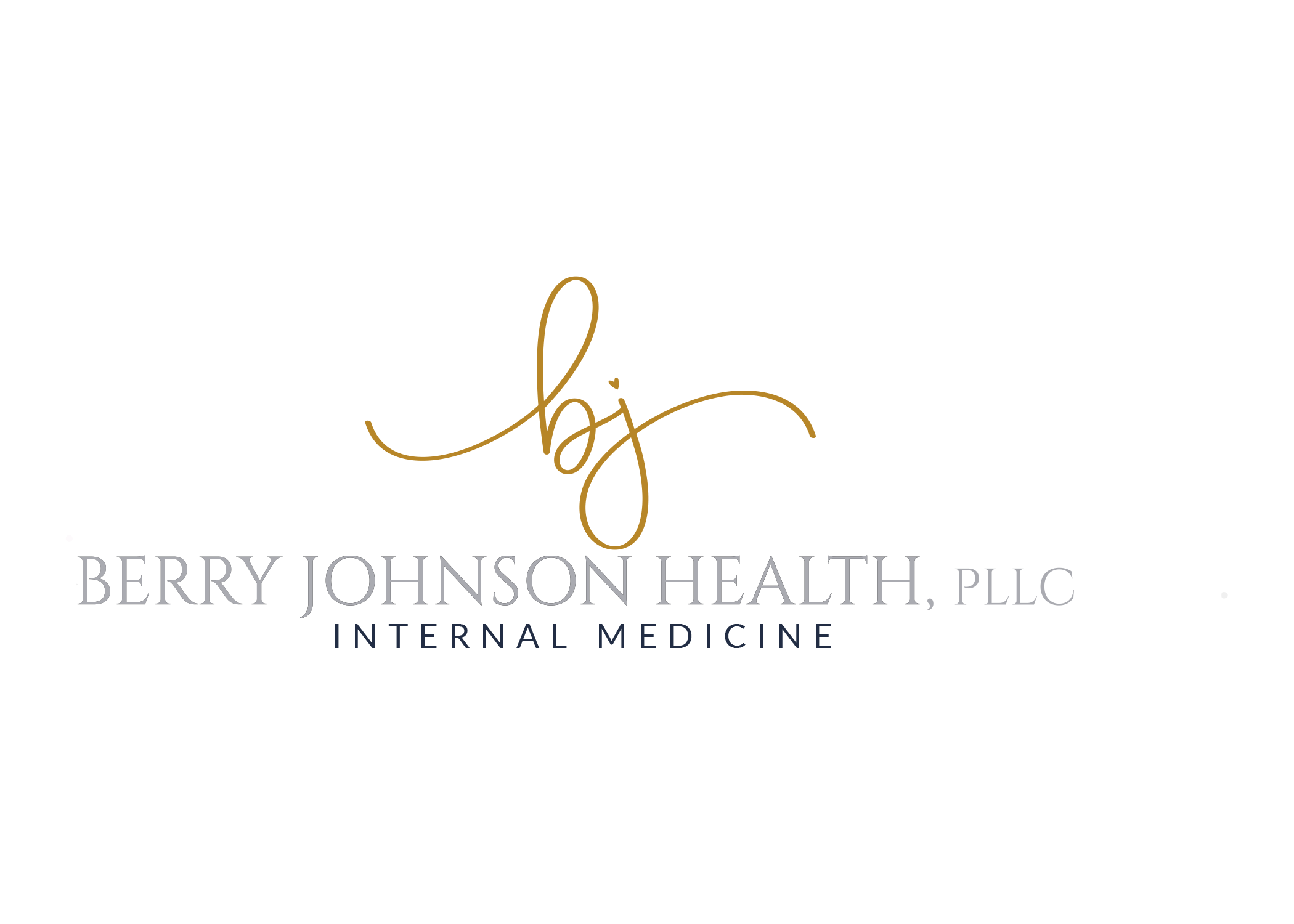Understanding Colonoscopy: Why Age 45 Is Crucial for Women
- Berry Johnson Health
- Sep 3, 2024
- 3 min read
When it comes to safeguarding your health, knowledge is not just power—it's prevention.
For women approaching or surpassing their 45th birthday, understanding the role of colonoscopy in preventing colorectal cancer is crucial.
This comprehensive guide aims to demystify colonoscopies, spotlighting why they're recommended, what to expect, and how to prepare.
By incorporating essential topics like procedure duration, recovery times, and aftercare, we're here to ensure you're both informed and at ease with this life-saving screening.

Colonoscopy Explained
Understanding what a colonoscopy entails can alleviate much of the apprehension surrounding the procedure.
A colonoscopy allows for the direct visualization of the entire colon and rectum, enabling the identification and removal of precancerous polyps.
This proactive measure not only aids in the early detection of colorectal cancer but can also prevent its development by removing polyps before they become cancerous.
Why Age 45 is crucial for Women?
Recent guidelines have adjusted the recommended age for a first colonoscopy from 50 to 45 for those at average risk of colorectal cancer.
This shift acknowledges the rising incidence of colorectal cancer in younger adults and the benefits of early screening and this is why age 45 is crucial for women.
Age 45 is identified as a critical point where the benefits of screening begin to outweigh the risks for the average-risk population.
How Long Does a Colonoscopy Take?
A common question many women have is, "How long does a colonoscopy take?" Generally, the procedure itself is brief, typically lasting between 30 to 60 minutes.
This duration allows your gastroenterologist to thoroughly examine the colon and rectum using a colonoscope—a long, flexible tube equipped with a camera.
It's worth noting that while the procedure is relatively quick, the preparation and recovery process will require more of your time.
Colonoscopy Recovery Time
Post-colonoscopy, the focus shifts to recovery. For most, the colonoscopy recovery time is minimal.
Patients can expect to spend a few hours in the clinic or hospital as the sedative wears off, but most can return home the same day.
It's common to experience bloating or gas following the procedure, but these discomforts typically resolve quickly.
By the next day, many patients can resume most of their regular activities.
Colonoscopy Aftercare
Effective aftercare is pivotal in ensuring a smooth recovery.
Following your colonoscopy, it's crucial to stay hydrated and monitor for any unusual symptoms.
A small amount of bleeding, especially after polyp removal, can be normal, but persistent bleeding, severe abdominal pain, or fever should prompt an immediate call to your doctor.
Adhering to your doctor's aftercare instructions will help minimize discomfort and complications.
How Often Should You Have a Colonoscopy?
How often should you have a colonoscopy? is a vital question with answers varying by individual risk factors.
For those at average risk of colorectal cancer, a colonoscopy is recommended every 10 years, starting at age 45.
However, if you're at higher risk due to family history, personal health history, or genetic factors, your doctor may advise a more frequent screening schedule.
Female Colonoscopy Procedure Position
The female colonoscopy procedure position is designed to ensure both patient comfort and optimal access for the physician.
Typically, you will lie on your left side with your knees drawn toward your chest.
This position allows the colonoscope to be guided through the colon more easily, enhancing the effectiveness of the screening.
Conclusion
This guide has aimed to empower women, especially as they approach age 45, with essential information on colonoscopy screenings.
It covers the procedure, its importance for early detection and prevention of colorectal cancer, and the recovery process, emphasizing the value of staying informed and adhering to recommended schedules.
By demystifying colonoscopies and addressing common concerns, we seek to encourage women to make informed health decisions.
With advancements in medical research, the prospect of colonoscopy screenings continues to improve, reinforcing the importance of these screenings as a vital act of self-care.
DISCLAIMER
This article was researched and edited by the editors at Web Wide. Web Wide is not a medical facility nor do they claim to be. The content of this article should not be taken as medical advice. Neither Web Wide nor Berry Johnson Health shall be held liable for any damages or harm done to anyone based on actions taken after reading this article. This article is for entertainment purposes only. Neither Web Wide LLC nor Berry Johnson Health has to update this article, even if someone points out an error. Sources are provided for any statistics or findings made in this article. Please seek professional medical advice before taking any action regarding your health, or schedule an official consultation with the professional Doctors at Berry Johnson Health.



Comments